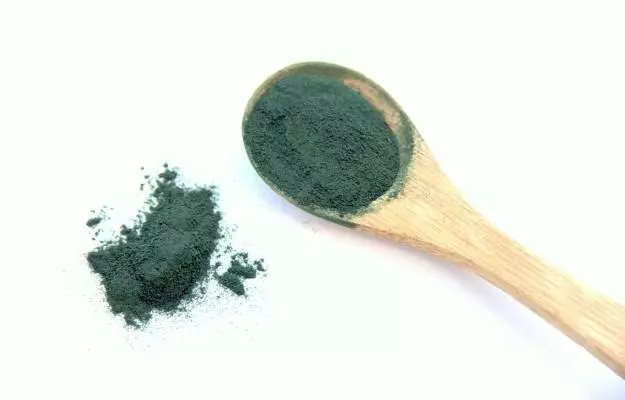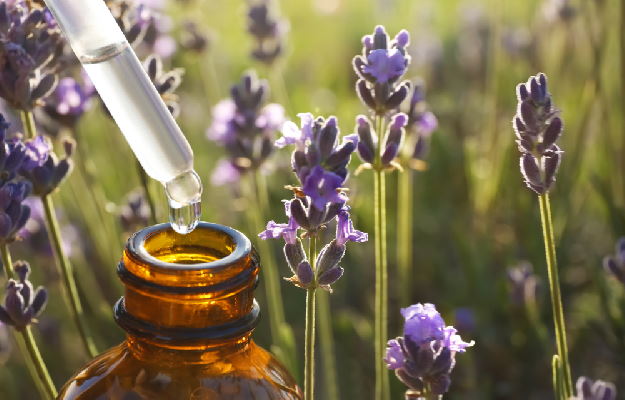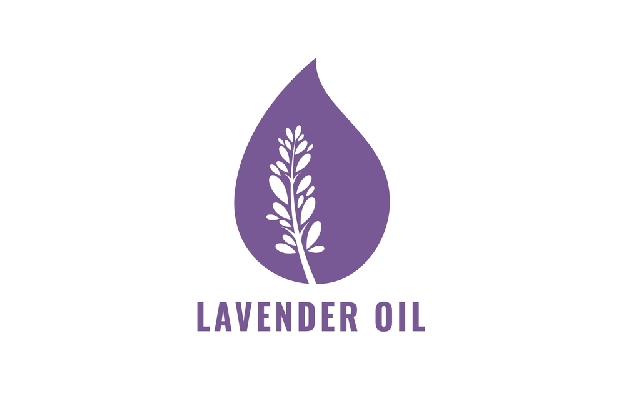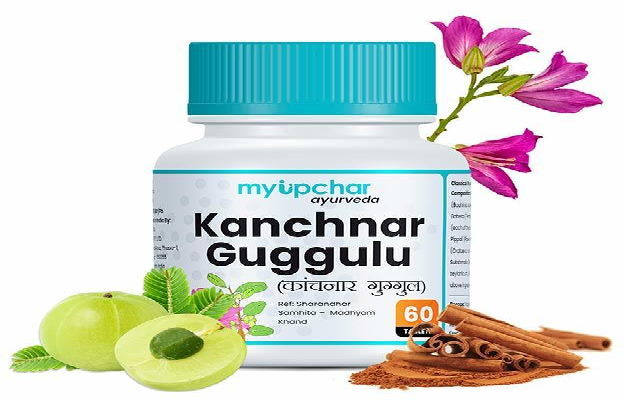Spirulina is a blue-green microalga which grows in oceans and lakes in subtropical conditions. It is not just a commanding superfood but is also a precious gift from the sea. This macrophyte has engrossed generations due to its high nutritional advantage and health benefits.
According to FAO, the Aztecs first harvested spirulina from Lake Texcoco in central Mexico, and it is still being harvested from Lake Chad in West Africa where it is used in the form of shrivelled cakes.
It was once considered to be a plant due to its rich plant pigments and its ability to perform photosynthesis.
Spirulina grows in extremely microscopic helixes, which tend to adhere together, making it easy to gather and grow. It has an intense burst of blue-green colour but does not have an intense taste.
But what is so special about an alga?
You might be amazed to know that spirulina is substantial in nutrients, some of which aren't found in your everyday foods. The FDA states that spirulina consists of considerable proportions of calcium, niacin, potassium, magnesium, B vitamins and iron. But, its most important nutrient component is protein. As a matter of fact, protein makes up about 60 to 70 percent of the weight of spirulina and it is widely used as a protein supplement.
Apart from supplements, the U.S. Food and Drug Administration (FDA) grant the manufacturers to use spirulina as a colour additive in gum, candies and other packaged foods.
Some basic facts about Spirulina:
- Scientific Name: Arthrospira platensis, Spirulina
- Family: Oscillatoriaceae
- Common Name: Spirulina, dihe, tecuitlatl
- Geographical Distribution: Africa is the main area where spirulina is grown in plenty, especially Kenya. It is spread over east African saline lakes. However, it is also commercially produced in Japan, Bangladesh, Australia, Spain, Portugal and Brazil. Japanese are the ones producing and consuming the maximum spirulina.































